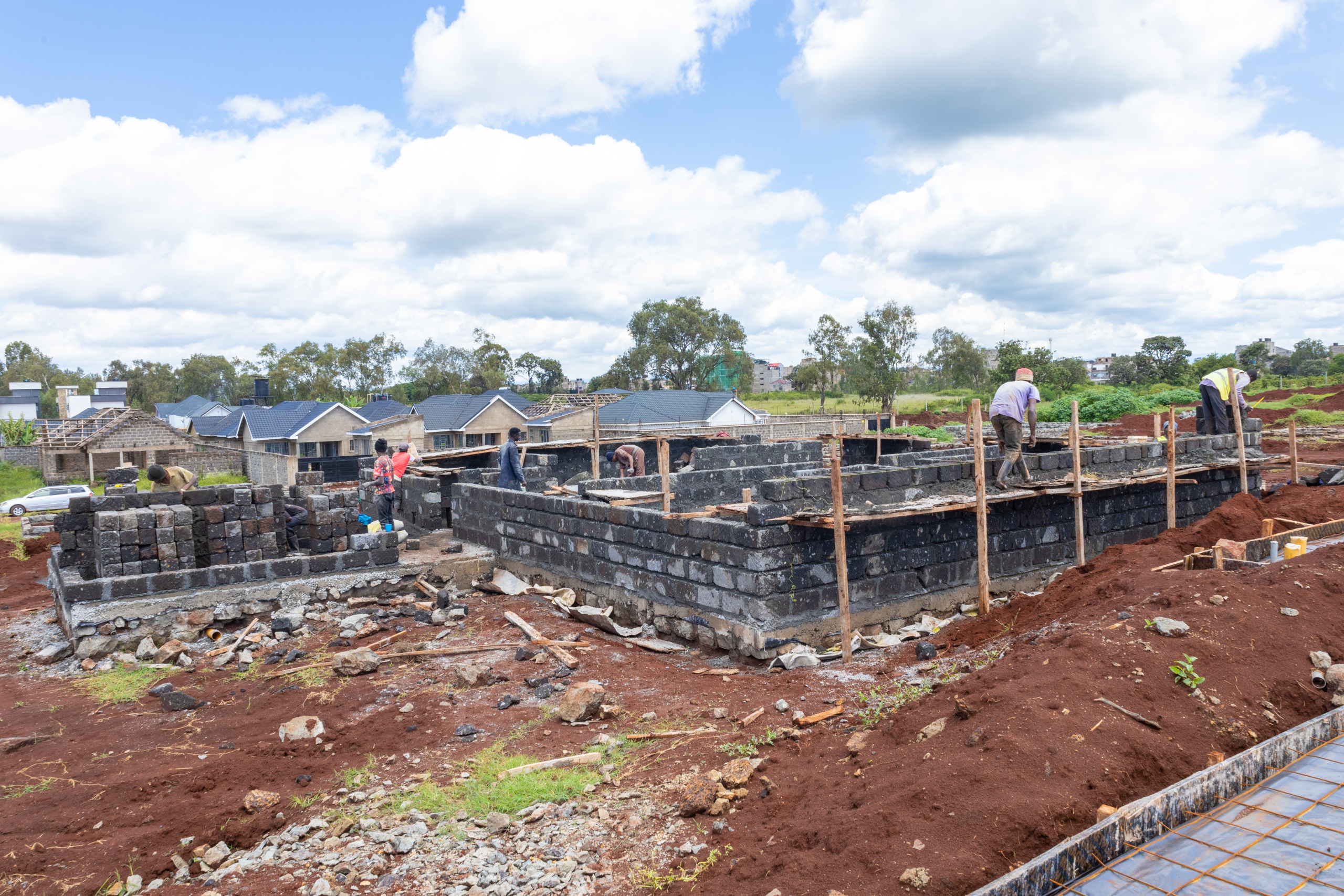In a city where construction timelines and budgets often determine a project’s viability, smart technologies are no longer optional—they’re essential. One innovation now gaining traction across commercial and residential sites in Nairobi is trenchless plumbing. Unlike conventional plumbing that requires open excavation, trenchless systems allow for the installation, repair, or replacement of underground pipes without extensive digging.
In short, trenchless plumbing in Nairobi is helping developers save on time, reduce costs, and minimize environmental damage during construction and renovation projects.
What Is Trenchless Plumbing?
Trenchless plumbing—also known as no-dig plumbing—refers to techniques that allow pipe installation and repair without open trenches. Instead, tools and technology are used to access underground systems through minimal entry points. This method is ideal for urban areas like Nairobi, where construction sites are constrained, and disruption to existing infrastructure must be minimized.
Read Also: No Scam Here: Willstone Homes Defends Record, Showcases Ongoing Projects
Key Trenchless Techniques:
- Pipe Bursting: Replaces old or damaged pipelines by breaking them apart while simultaneously pulling in new pipe.
- Pipe Relining (Cured-in-Place Pipe, or CIPP): Creates a new pipe lining inside the old one using resin-soaked material.
- Directional Boring (Horizontal Directional Drilling – HDD): Used to install pipelines along curved paths without disturbing the surface.
- Slip Lining: Inserts a smaller diameter pipe into the existing one to restore flow.
Why Nairobi Developers Are Turning to Trenchless Plumbing
As Nairobi’s urban footprint grows, access to underground infrastructure becomes more limited, particularly in high-density areas like Kilimani, Westlands, and Parklands. Trenchless plumbing offers a practical solution that aligns with modern construction standards and client demands.
Key Advantages:
| Advantage | Description |
|---|---|
| Minimal Disruption | Reduces disturbance to roads, landscaping, and existing structures. |
| Faster Project Timelines | Most trenchless jobs take 30–70% less time than open trench methods. |
| Cost-Effective in Urban Areas | Eliminates costs related to site restoration and long-term property damage. |
| Environmentally Friendly | Less soil displacement and waste generation. |
| Ideal for Retrofits | Especially useful for upgrading plumbing systems in older buildings. |
Real-World Application in Nairobi’s Construction Sector
Commercial High-Rises
Developers constructing high-rise towers in Upper Hill and Kileleshwa have adopted trenchless techniques to avoid tearing up roads or sidewalks while connecting to Nairobi Water and Sewerage Company mains.
Estate Renovations in Lavington and Runda
In upmarket residential areas, trenchless plumbing is enabling luxury homeowners to modernize outdated pipe systems without excavating driveways, gardens, or tiled walkways.
Affordable Housing Projects
In areas like Embakasi and Mlolongo, where speed and cost management are key, rent-to-own and government-funded projects have incorporated trenchless pipe laying to meet tight delivery schedules.
Read Also: Willstone Homes Demands Ksh 2 Billion in Damages from Nation Media Group Over Defamatory Article
Cost Comparison: Trenchless vs Traditional Plumbing
| Task | Traditional Plumbing (KES) | Trenchless Plumbing (KES) | Time Saved |
|---|---|---|---|
| Sewer Line Replacement (10m) | 180,000–250,000 | 140,000–190,000 | 3–5 days |
| Water Pipe Relining (per meter) | 3,500–5,000 | 2,800–4,000 | 1–2 days |
| Driveway or Landscaping Repair | 50,000+ | Not required | Immediate |
Estimates based on 2024 Nairobi contractor pricing
Challenges and Considerations
While trenchless plumbing offers numerous benefits, it’s not without its caveats:
- Upfront Equipment Costs: Specialized equipment may increase initial cost, especially for smaller developers.
- Technical Expertise: Requires trained technicians to ensure safety and compliance.
- Soil and Pipe Condition: Not all sites are suitable, particularly where pipe collapse or complex ground formations exist.
That said, Nairobi’s plumbing contractors are increasingly undergoing training and acquiring trenchless kits to meet growing market demand.
The Future of Plumbing in Nairobi
As Kenya’s real estate sector embraces green building codes, efficiency standards, and smart construction practices, trenchless plumbing in Nairobi is set to become standard practice rather than a niche innovation.
Expect to see:
- City Council integration of trenchless methods in urban planning
- Public-private collaborations for aging sewer system upgrades
- Adoption in rural water projects where surface disruption must be minimized
A Smart Investment for Builders and Homeowners
Whether you’re a developer constructing an estate in Kiambu, a homeowner renovating in Karen, or a contractor laying pipes in Ruai, trenchless plumbing offers long-term value. It combines technological efficiency with environmental sensitivity—critical factors in Nairobi’s maturing construction industry.
Willstone Homes remains at the forefront of such innovations, aligning modern building practices with cost-effective solutions. To learn more about smart infrastructure trends or to integrate trenchless plumbing Nairobi solutions into your upcoming project, get in touch with our expert team today.
Read Also: The Cement Wars: Are Alternative Building Materials Disrupting Kenya’s Construction Industry?





